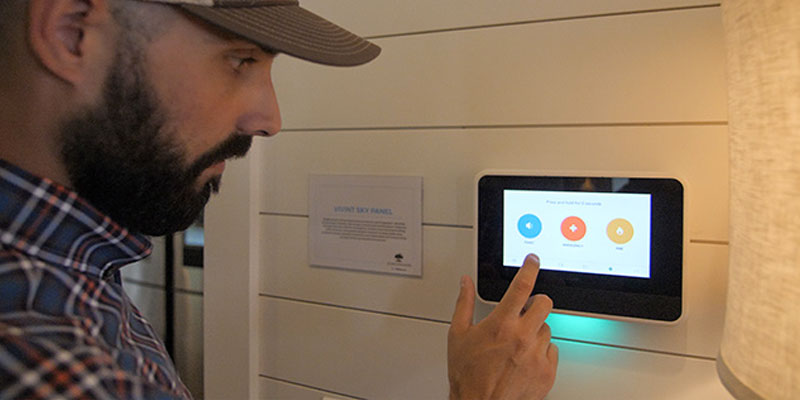
AUBURN, Ala. — Researchers at the Auburn University College of Veterinary Medicine believe they have cured a rare disease in cats that also afflicts humans, and are seeking permission to begin clinical trials on people.
The disease, GM1 gangliosidosis is a very rare inherited neurological disease related to the relatively more common Tay-Sachs disease, affecting one in 350,000 people. Starting at the age of around 6 months, nerve cells in the brain and spinal cord are progressively destroyed. There is currently no treatment or cure—it is fatal.
Children affected by the disease have only a life expectancy of three years.
To raise the funds necessary for applying for approval, the school has started a crowdfunding campaign. “If we could get started on the studies that could lead to eventual FDA approval, we believe we could see real results in clinical trials,” said associate professor Dr. Doug Martin.
There is only one Alabamian known to suffer from the disease, two-and-a-half year old Porter Heatherly, who lives in Opelika. Porter’s parents, Sara and Michael, both from Cullman, are alumni of the University. Every month they celebrate Porter’s birthday, knowing that his disease won’t afford him the years and years of joyful birthdays with his family that other children have.
The college has researched GM1 gangliosidosis in felines for decades. Dr. Martin’s gene therapy research has successfully treated cats who suffer from GM1, successfully extending the life expectancy of cats by more than five times compared to non-treated GM1 cats.
Dr. Martin’s goal is that this treatment in human children affected by the tragic disease will see similarly positive results.
To support Auburn’s efforts to find a cure for this heartbreaking disease, donate to their crowdfunding page by following this link.
Like this article? Hate it? Follow me and let me know how you feel on Twitter!
— Elizabeth BeShears (@LizEBeesh) January 21, 2015












